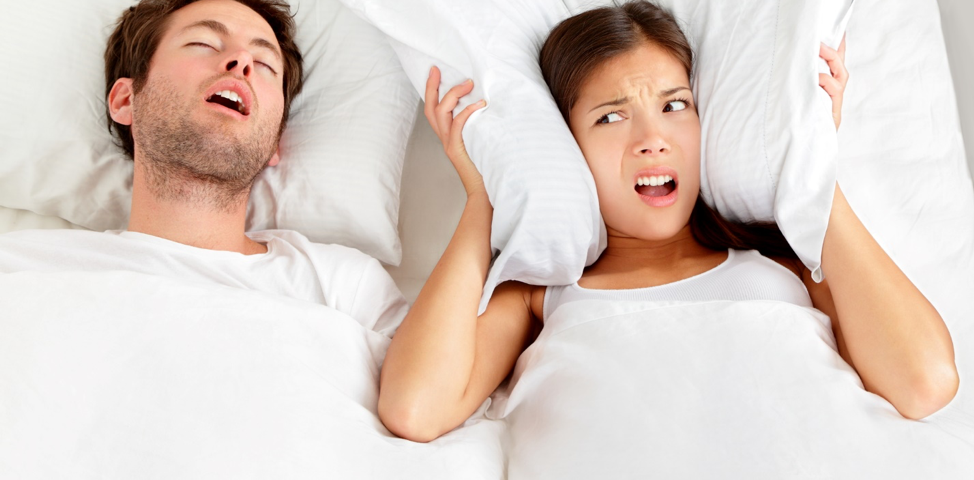
Sedation Dentist Helps Patients Conquer Dental Fear
May 14, 2021
Ready for a smile makeover? Our Grant Park dentist is prepared to help!
June 4, 2021Obstructive sleep apnea affects millions of children and adults across the nation. It is most common in men but can develop in women as well. Obstructive sleep apnea occurs when there is a blockage in the airway at the back of the throat. This causes hundreds of lapses in breath throughout the night that can last between 10 and 30 seconds.
Several factors contribute to the development of obstructive sleep apnea, including:
- A narrow throat
- Large tonsils
- Deviated septum
- Short and large neck
- Smoking
- Obesity
- Stress
- Alcohol overuse
- Menopause
- Pregnancy age
- Genetic predisposition
If left untreated, obstructive sleep apnea can lead to several oral and overall health problems. Thankfully, sleep doctors, general physicians, and dentists offer effective sleep apnea treatments for all types of patients.
Symptoms and Side-Effects of Obstructive Sleep Apnea
Many people don’t know they have sleep apnea until a loved one complains about their loud snoring or they undergo a sleep study. Sleep apnea isn’t obvious, but it does present several symptoms, such as:
- Drowsiness throughout the day
- Dry throat
- Morning headaches
- Restless sleep
- Mood changes
- Dry mouth
- Teeth grinding
Only a sleep doctor can diagnose sleep apnea, but general practitioners and dentists offer sleep apnea treatment.
If left untreated, sleep apnea can increase a person’s risk of the following health problems:
- Stroke
- High blood pressure
- Heart failure
- Diabetes
- Damaged molars
- Headaches
- Anxiety and depression
- Weight gain
- TMJ disorder
Obstructive Sleep Apnea Treatment
Treatment for sleep apnea ranges from lifestyle changes to surgery. To know which treatment is right for you, meet with an experienced and trustworthy sleep doctor or dentist.
Lifestyle Changes
Patients with mild sleep apnea can implement lifestyle changes that reduce or completely eliminate their symptoms. A doctor may recommend one or more of the following:
- Lose weight
- Avoid alcohol and sleeping pills
- Stop smoking
- Adjust your sleep position
- Treat allergies
One or more of these practices could be the answer to your sleeping problems. Lifestyle changes are often the first line of treatments for sleep apnea patients or are recommended alongside other treatment options.
CPAP Machine
A continuous positive airway pressure machine is the most common sleep apnea treatment. It requires patients to wear a mask over their nose and/or mouth while sleeping. The mask is attached to a machine that pushes air into the nose, keeping the airways open.
Oral Appliances
Mild to moderate cases of obstructive sleep apnea can be treated with a customized oral appliance from a trusted sleep apnea dentist. Each appliance is made by an expert dental lab technician that has been given the patient’s digital impressions. The appliance fits over the top and bottom teeth and moves the jaw into a forward, relaxed position. This prevents teeth grinding and stops the throat muscles from blocking the airway throughout the night.
Oral appliances are preferred by most patients because they are comfortable, easy to travel with, and don’t make loud, disruptive noises at night.
Surgery
Patients with narrow throats, enlarged tonsils, a small lower jaw with an overbite, or deviated septum may require surgery to find relief from sleep apnea.
Sleep Apnea Treatment in Grant Park
Want to know if you are a suitable candidate for an oral appliance for sleep apnea? Contact our friendly team at Smiles for Grant Park to schedule an initial consultation with Dr. Abbey J. Lee. Call (404) 328-7177 today.


